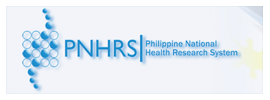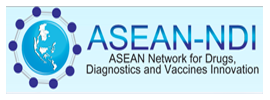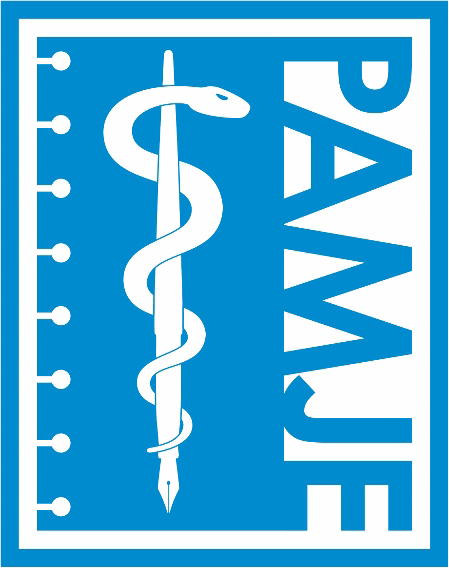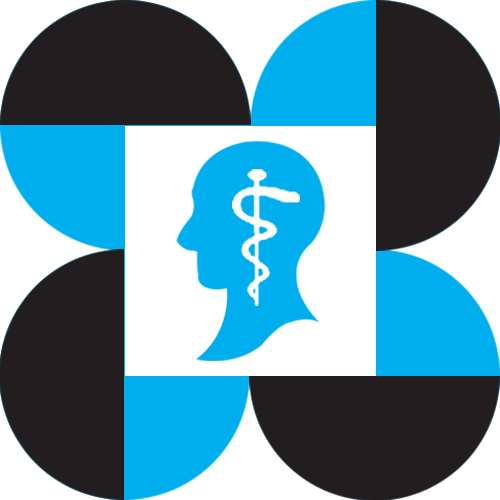Is it really true that experts now say that we do not really need to limit our dietary intake of cholesterol to prevent heart disease? Does this mean cholesterol does not really have anything to do with the development of heart disease?

You’re right—medical, dietary, and public health experts who wrote the latest Dietary Guidelines for Americans have concluded that “cholesterol is not considered a nutrient of concern for overconsumption. This means we need not limit the amount of cholesterol-rich food in our diet but it does not mean cholesterol is not involved in the development of heart disease. In fact, high blood cholesterol is still considered an important risk factor in the development of atherosclerosis.
High blood cholesterol level is bad for us because excess cholesterol in the blood has a tendency to be deposited in the form of plaques in the walls of blood vessels, much like rust deposits in lead pipes, which over time, weaken and/or completely clog many of these vessels. This condition, known as atherosclerosis, is particularly disastrous if it involves the blood vessels of the heart and brain—which, unfortunately, is often the case—because it can result in a heart attack or a stroke.
The real reason behind a high blood cholesterol level
For decades, the generally accepted belief among doctors is that a high blood cholesterol level is brought about by the consumption of a lot of cholesterol-rich food. Accordingly, they urged patients to avoid eggs, shellfish, and other food items that have high cholesterol content. This advice, as latest review of evidence has proved, is not based on science.
After re-examining available scientific data, experts responsible for the dietary guidelines found out that consumption of cholesterol-rich food has little bearing on overall levels of cholesterol in the bloodstream. Cholesterol from the diet represents only about 20 percent of the cholesterol circulating in the human bloodstream, so lowering cholesterol intake affects blood cholesterol levels only marginally. Evidently, cholesterol blood levels are impacted not by dietary intake, but by genetics and high saturated fat intake.
The bottom line on dietary fat and cholesterol
All told, cholesterol is no longer a dietary concern but saturated fat still is. In fact, the same experts recommend that people eat less saturated fat than before. The new guidelines state that saturated fat should make up only eight percent of a person’s daily calorie intake, down from the 10 percent that the 2010 guidelines advised. And here lies a catch! Food that is rich in cholesterol are is also rich in saturated fat, except for a couple of major food item—eggs, and shellfish. Eggs and shellfish are high on cholesterol but low on saturated fats, aside from being rich in other beneficial nutrients. Shellfish, in particular, have high content of omega-3-fatty acids, which are good for heart health.
The new guidelines imply that we may add back cholesterol into our diet, but only if the cholesterol comes from egg or shellfish. We still need to watch our intake of animal meat.
The new dietary guidelines are not radically different from the previous ones—they still promote consumption of plant products over animal products. To quote, “A diet higher in plant-based food items such as vegetables, fruits, whole grains, legumes, nuts and seeds, and lower in calories and animal-based foods is more health promoting.”
Details
Written by Eduardo Gonzales, MD
Created: 18 April 2017
Source: Manila Bulletin










